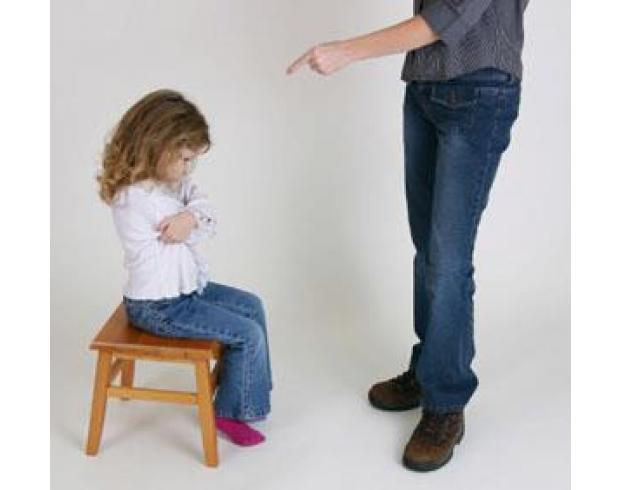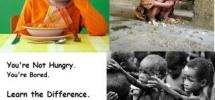Discipline is perhaps the most bewildering responsibility parents face. What is discipline? What's not? What's too much? What's not enough? The majority of parents that I work with struggle with these questions just as I have. First of all, discipline is not parenting. Discipline is only one aspect of parenting. In order to be effective, discipline must take place within the context of a loving, nurturing, esteem-building relationship. Discipline is not punishment. Punishment is something we do to our kids usually out of our own frustration at not knowing what else to do. Punishment is typically a knee-jerk reaction to misbehavior that has been allowed to go on too long. Discipline is designed to help, not hurt. Discipline is something we do for our kids in order to teach them self-discipline. Discipline is an expression of the love we feel for our children. Because we love them we care enough to say, "No, I can't let you do that. I will have to stop you until you have learned how to stop yourself". Discipline changes over time to meet the changing needs of the developing child. Discipline is thoughtfully planned action that teaches children what is acceptable behavior, how to correct mistakes, how to make good choices and thoughtful decisions, and how to avoid problems in the future. Discipline accepts mistakes as an opportunity to learn. Discipline is most effective when it is provided by adults who model the behavior they expect. Discipline takes many forms including setting limits, acknowledging and expressing appreciation for desired behavior, ignoring, time outs, natural and logical consequences, limiting choices, and planned rewards, (You - your time, attention, and approval - are the best rewards. I once heard Rosie O'Donnell ask Sherri Lewis, "What do kids like to play with most?" to which Ms. Lewis replied, "Their parents".) The more tools you have in your parenting toolbox, the better equipped you will be. Discipline requires a tremendous amount of self-discipline. Effective discipline requires that you remain calm and avoid taking your child's behavior personally. Sometimes discipline requires the use of a firm, serious, but controlled voice. When a parent gets out of control, the child gets out of control, the situation escalates out of control, and the result is usually punishment, not discipline. Over time this leads to the erosion of the parent-child relationship. Effective discipline is most likely to occur when there is unconditional love, attentive listening (just because you listen does not mean that you agree or approve), understanding, reasonable limits, realistic expectations, acceptance of emotions (while all feelings are acceptable, all behavior is not), open communication, and equal emphasis on privilege and responsibility. Effective discipline promotes self reliance and personal responsibility. Discipline is concerned not only with the here and now but with the future as well. Make sure the discipline you use is consistent with the goals you have for your children. By taking the time and putting forth the effort to thoughtfully and planfully discipline your children today, you are making a long-term investment in the self-disciplined adults they will become. Effective discipline builds effective individuals and relationships that last. Finally, there is no such thing as a perfect child or a perfect parent. Give yourself permission to make mistakes, but remember to learn from them and use them as motivation to do better.
2014-04-18 05:18:05
Discipline is
sign in to comment
Be the first to comment





